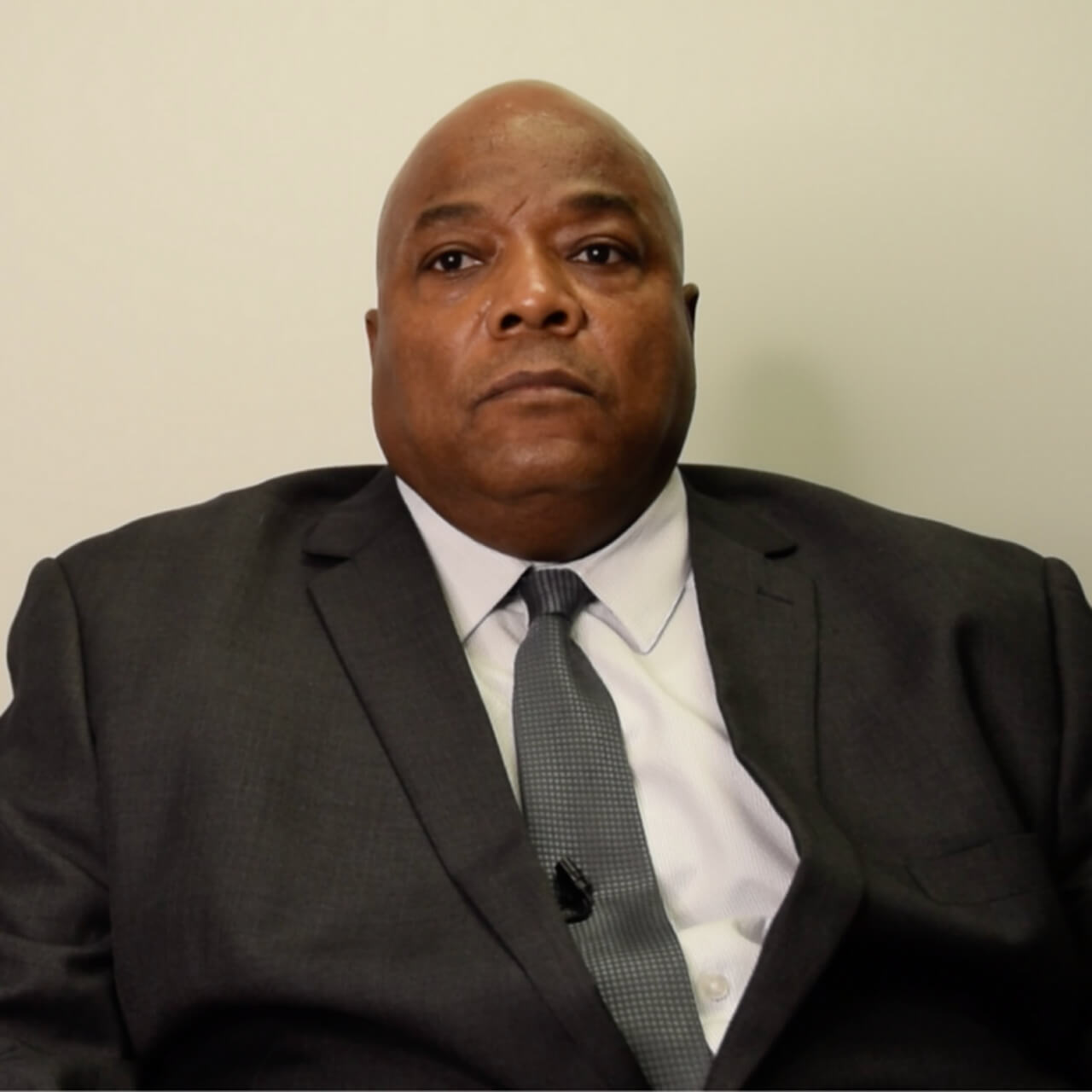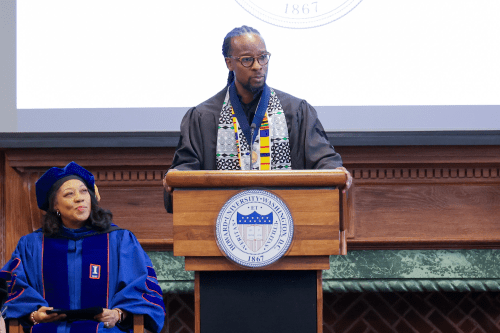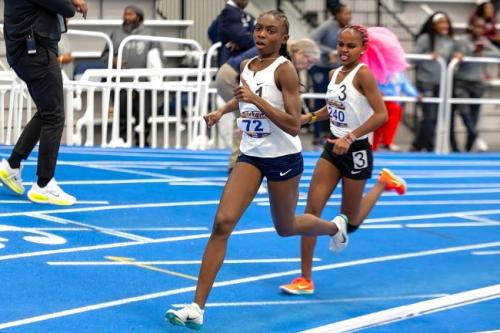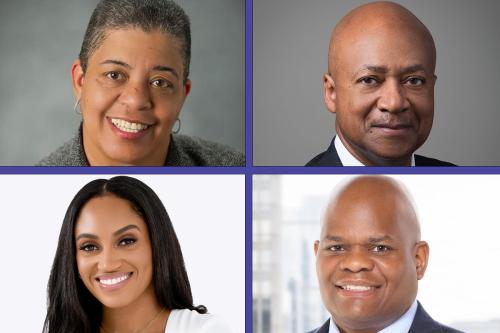 WASHINGTON – The Howard University Human and Civil Rights Clinic joined several groups admonishing the biased criminal prosecution of the first Black police chief in a small town on Maryland’s Eastern Shore. Howard's Clinic filed a prosecutorial misconduct amicus brief in Sewell v. State of Maryland arguing that the Office of the State Prosecutor brought charges against former police chief Kevin Sewell in retaliation for speaking out about racial discrimination in the police department.
WASHINGTON – The Howard University Human and Civil Rights Clinic joined several groups admonishing the biased criminal prosecution of the first Black police chief in a small town on Maryland’s Eastern Shore. Howard's Clinic filed a prosecutorial misconduct amicus brief in Sewell v. State of Maryland arguing that the Office of the State Prosecutor brought charges against former police chief Kevin Sewell in retaliation for speaking out about racial discrimination in the police department.
“The Howard University Human and Civil Rights Clinic is devoted to serving Black communities in D.C. and Maryland by pursuing cases that combat racism and discrimination,” said Ajmel Quereshi, co-director of the Human and Civil Rights Clinic. “Mr. Sewell’s case fits squarely within the clinic’s mission, as his career and livelihood were tragically disrupted by the State Prosecutor’s racialized vendetta.”
Howard's Clinical Law Center filed the prosecutorial misconduct amicus brief on March 24 in a coordinated effort that brought Pocomoke City residents, civil rights and police groups to file four powerful amicus briefs, outlined below.
A history amicus brief filed by Citizens for a Better Pocomoke, Pocomoke City Councilwoman Diane Downing, Worcester County Branch of the NAACP, the Caucus of African American Leaders, and the Public Justice Center, highlighted the history of racial discrimination and retaliation on the Eastern Shore.
The United Black Police Officers’ Association, the Hispanic National Law Enforcement Association, and the American Civil Liberties Union (ACLU) of Maryland warned against the harmful nature of prosecutors who abuse their power by targeting individuals “held in disfavor” in a biased prosecution amicus brief.
The Washington Lawyers’ Committee for Civil Rights and Urban Affairs called for a reversal of Sewell’s conviction based on witness intimidation in a witness intimidation amicus brief.
“It is troubling that the prosecutor’s frivolous, retaliatory case against Mr. Sewell was provoked by the former chief’s sincere dedication to eradicating racial discrimination in his department,” said Mya Reid, a student in the Human and Civil Rights Clinic.
The Howard University School of Law Human and Civil Rights Clinic, which is housed in the Howard University Clinical Law Center, has a long tradition of fighting for civil rights and reforms to the criminal justice system. The work of the Clinic reinforces the principles ingrained in the law school’s history. The Court’s decision regarding the prosecution of Sewell has the potential to seriously impact the communities the Clinic regularly serves.
“Contributing to this effort on Mr. Sewell’s behalf has been an honor, and I am proud that our work is part of the Howard tradition of fighting for social justice,” said Rachel Taylor, a law student who also supported this effort.
Additional details regarding the group’s effort can be found in the joint press release here.
###
About Howard University
Founded in 1867, Howard University is a private, research university that is comprised of 13 schools and colleges. Students pursue studies in more than 120 areas leading to undergraduate, graduate and professional degrees. The University operates with a commitment to Excellence in Truth and Service and has produced one Schwarzman Scholar, three Marshall Scholars, four Rhodes Scholars, 11 Truman Scholars, 25 Pickering Fellows and more than 70 Fulbright Scholars. Howard also produces more on-campus African-American Ph.D. recipients than any other university in the United States. For more information on Howard University, visit www.howard.edu.
Media Contact: Misha Cornelius, misha.cornelius@howard.edu




